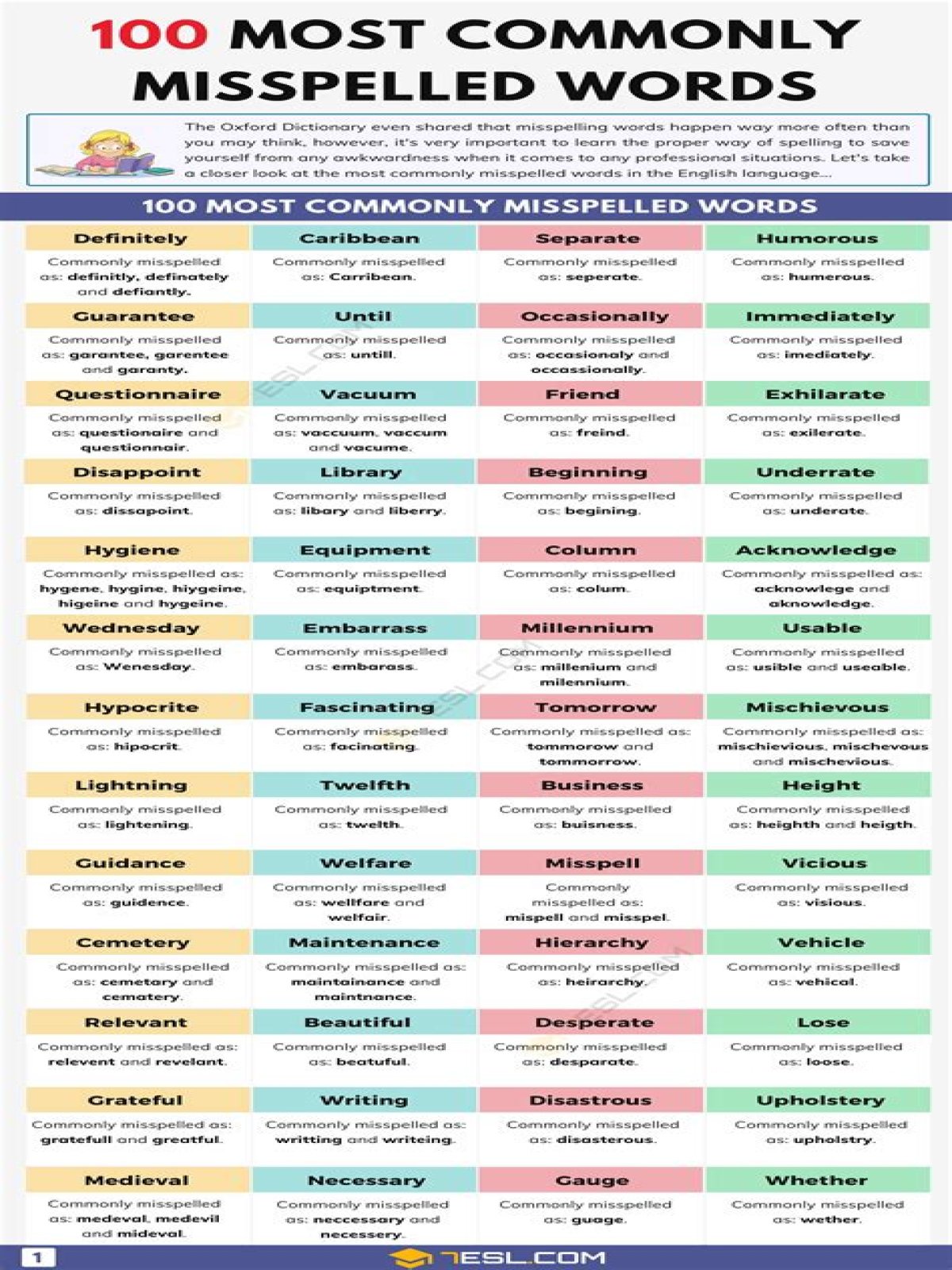What is it called when you can read misspelled words?
Typoglycemia is the ability to read a paragraph like the one above despite the jumbled words.
Table of Contents
- Why can people read misspelled words?
- How does the brain read misspelled words?
- Can you read scrambled words?
- Why are word jumbles so hard?
- Do You Have Dyslexia? (TEST)
- What is Wordnesia?
- Does your brain autocorrect?
- What does it mean when you can read jumbled words?
- What is it called when your brain fills in the blanks?
- Why do I mix up my words when I read?
- What is it called when letters are scrambled?
- What is it called when you switch the first letter of two words?
- What is it called when you mix up words when speaking?
- Can dyslexics read jumbled words?
- What is transposition in reading?
- What does it mean to transpose letters?
- What is chunking in the brain?
- Why don't we get tripped up by our blind spot more often?
- Why does your brain fill in blind spots?
- What does it look like to be dyslexic?
- What area of the brain would affect your ability to decipher the word scrambles?
- Do we read every letter in a word?
- Why do I forget to type words in a sentence?
- Do we read each letter in a word?
- What is Tickertaping?
Why can people read misspelled words?
Our brains are quite proficient at recognizing jumbled words and reading them correctly. Researchers from the Indian Institute of Science, Bengaluru, studied this fascinating phenomenon and came up with a computational model that uses artificial neurons to simulate the way the brain processes jumbled words.How does the brain read misspelled words?
Your brain just did it automatically. Scientists believe that the brain's ability to make sense out of misspelled words — and to do so automatically and so quickly — stems from the fact that most proficient readers don't read words one letter at a time.Can you read scrambled words?
It greatly affects the readability of text. One small study tracked eye movements of 30 college students as they were presented with sentences that had transposed letters. Researchers found the jumbled letters decreased reading ability by 12 percent for letters that were switched in the middle of a word.Why are word jumbles so hard?
This is because words that differ only in the position of two adjacent letters, such as calm and clam, or trial and trail, are more difficult to read. The words all more or less preserved their original sound - order was changed to oredr instead of odrer, for instance. The text is reasonably predictable.Do You Have Dyslexia? (TEST)
What is Wordnesia?
Wordnesia: That strange phenomenon of blanking on the spelling or meaning of a common word.Does your brain autocorrect?
Our brains have an “auto-correct” feature that we deploy when re-interpreting ambiguous sounds, a team of scientists has discovered. Our brains have an “auto-correct” feature that we deploy when re-interpreting ambiguous sounds, a team of scientists has discovered.What does it mean when you can read jumbled words?
Typoglycemia is the ability to read a paragraph like the one above despite the jumbled words.What is it called when your brain fills in the blanks?
Apophenia — Filling the Blanks.Why do I mix up my words when I read?
Types of aphasiaBut most people with aphasia have some trouble with their speaking, and will have a mixture of problems with writing, reading and perhaps listening. Symptoms can range widely from getting a few words mixed up to having difficulty with all forms of communication.
